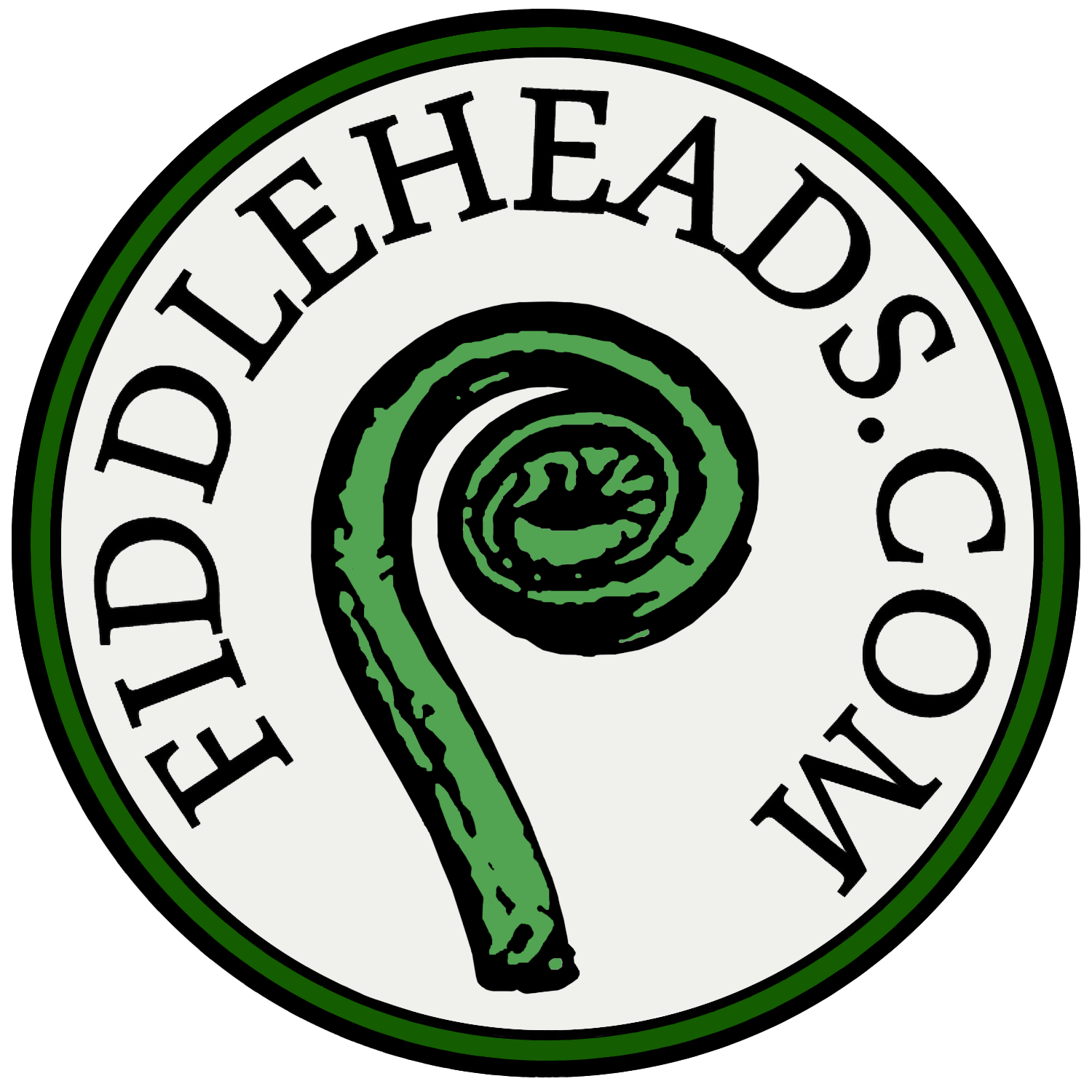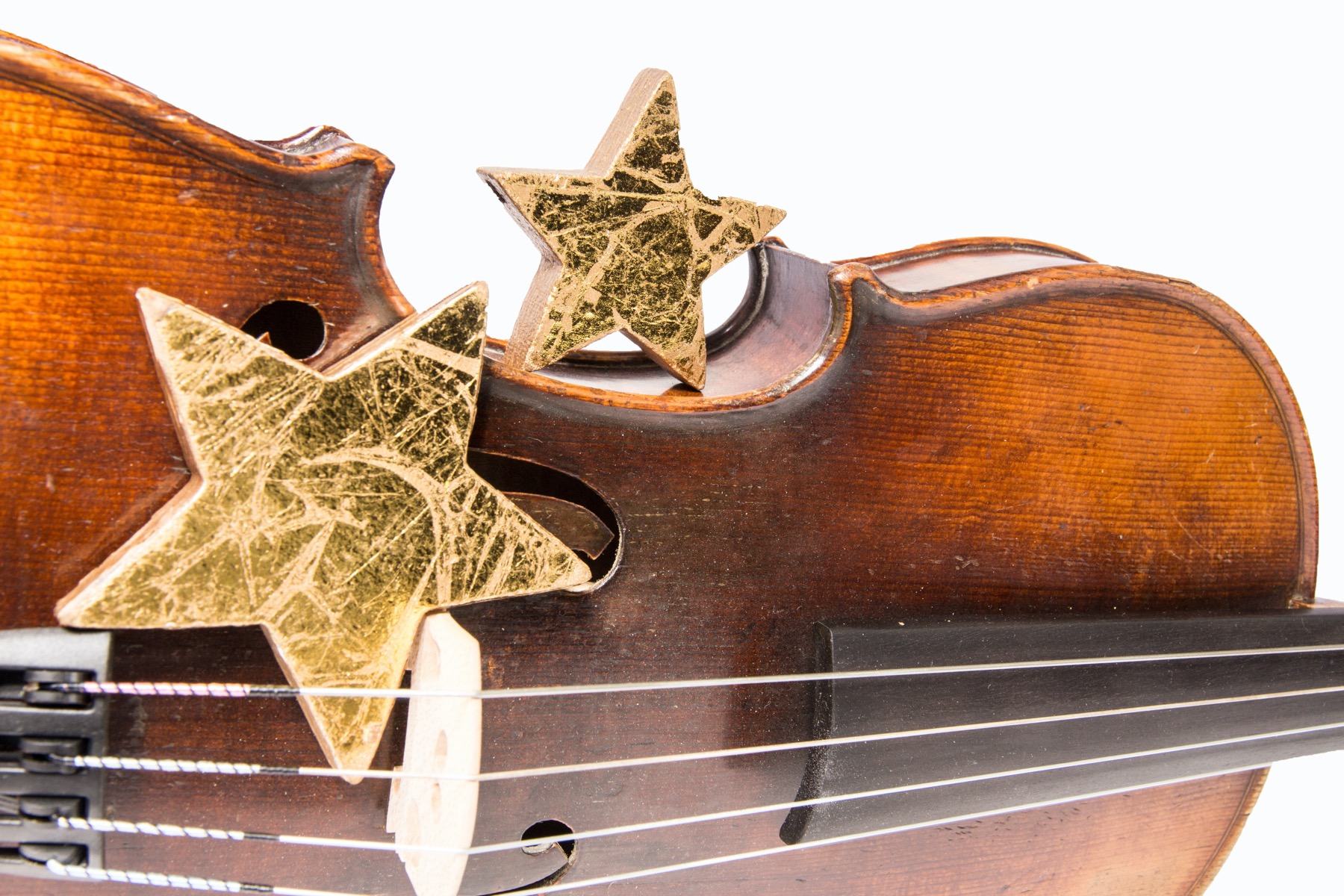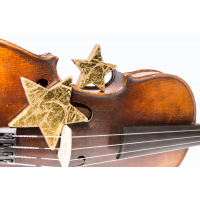A Classical Christmas
The classical origins of our most cherished carols
Christmas Time is Here
The “Ave Maria Polka” is blaring on the radio, “Jingle Cats” are meowing “Greensleeves,” and the doorbell is chiming a shrill “Silent Night.”
To the untrained ear this musical goulash may seem tacky and not, by any means, traditional. However, this festive household has been influenced by many sophisticated classical composers!
It’s easy to forget the classical origins of our most cherished carols when the 9-year-old next door is hollering “Batman Smells!” to the tune of “Jingle Bells.” To most children’s (and adults’) surprise those “dead guys with wigs” are responsible for many of their favourite holiday tunes.
Hark!
German composer Felix Mendelssohn wrote symphonies, concertos, masses and hundreds of other works. Strangely his most recognizable piece, excluding his popular “Wedding March,” is “Hark! The Herald Angels Sing.”
It was written in 1840 as a part of his cantata Festgesang that honored printer Johann Gutenberg and the invention of printing! The original lyrics were written by Charles Wesley 99 years before the music, but were changed to suit the cantata.
Ironically, Wesley had specifically requested slow solemn music for his words. To top it all off, Mendelssohn had made it clear that his music was for secular use only!
Hallelujah!
Though it was written 260 years ago, George Frederic Handel’s “Messiah” is the most performed Christmas work in symphonies around the world.
Oddly enough, it was composed while Handel suffered partial paralysis on his left side as a consequence of a stroke and took only 3 weeks to write!
Even stranger was the cool reception it received during Handel’s lifetime. It was only through annual Eastertide performances to benefit the Foundling Hospital that “Messiah” was heard at all!
Joy to the World
Music historians have recently discovered an embarrassing credit error. Cleric Isaac Watts published “Psalms of David,” based on Psalm 98 of the “Old Testament,” in 1719. In 1839 American composer Lowell Mason decided to set Watts’ translations to music and “Joy to the World” was born.
The confusion came from Mason’s modest footnote, "From George Frederick Handel," which was said to be a tribute to the late composer. A misunderstanding was soon accepted as truth and for 100 years Handel was given credit for writing the music to “Joy to the World!”
--
Other music greats such as Beethoven, J.S. Bach, Holst, Corelli, Saint-Saëns and Vaughan Williams are responsible for lovely Christmas Cantatas, Oratorios, and Carols we hear every December. Whether they meant to or not, these beloved artists have inspired generations of carolers.
Yes, even the off-key 9-year-old next door.
-
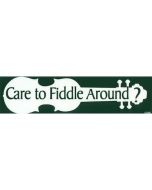 Gift: Care to Fiddle Around? Bumper Stickerwas USD$4.50 Special Price USD$2.50
Gift: Care to Fiddle Around? Bumper Stickerwas USD$4.50 Special Price USD$2.50 -
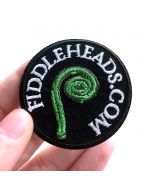 Fiddleheads.com Embroidered Iron-On Patchwas USD$8.00 Special Price USD$2.88
Fiddleheads.com Embroidered Iron-On Patchwas USD$8.00 Special Price USD$2.88
-
SOLD - Moneff 2024-1 Image Gallery
April 17, 2024
-
SOLD - Rose Valley 2021-3 Image Gallery
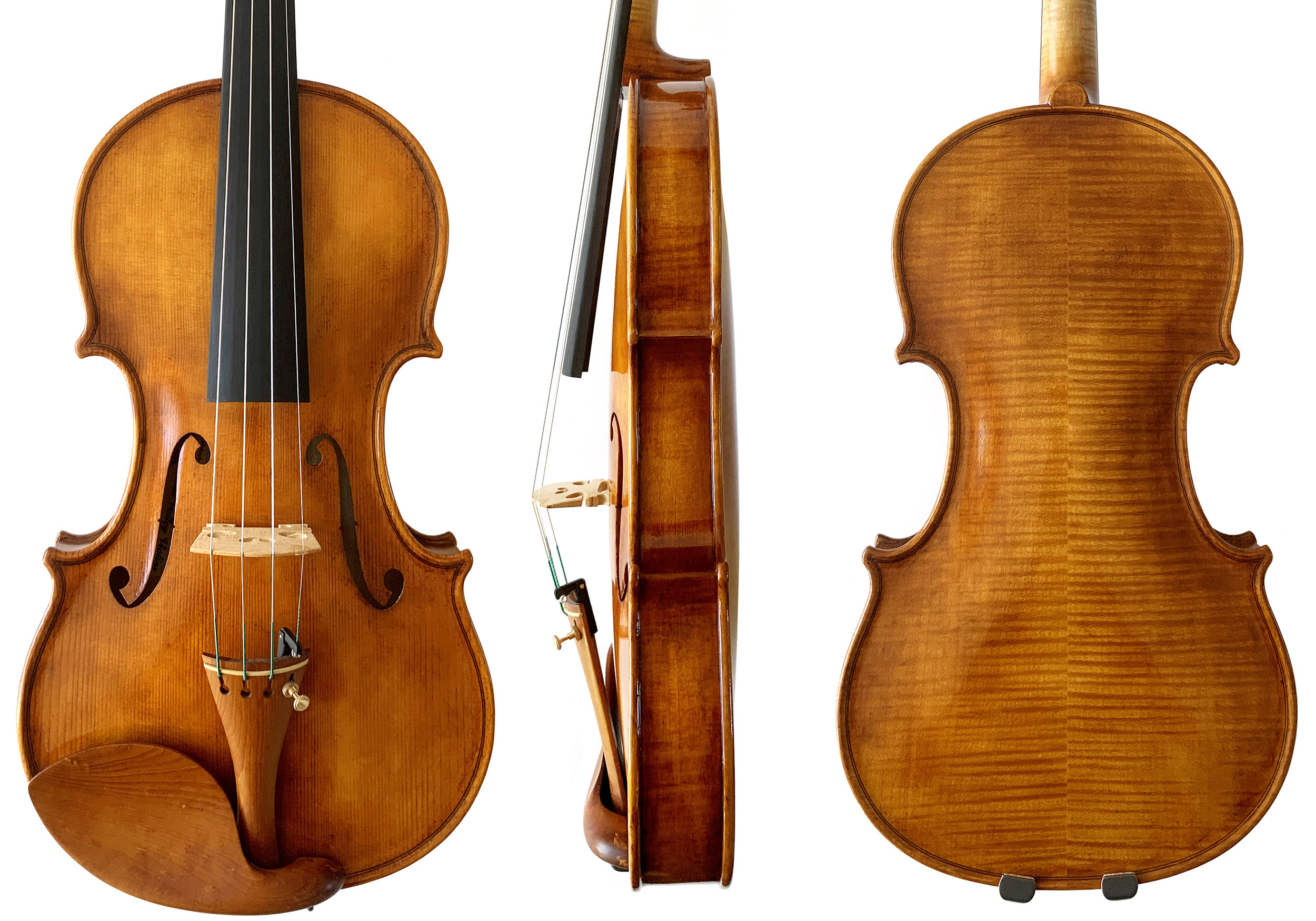 March 25, 2024
March 25, 2024 -
Should I Worry About Dryness Affecting My Violin?
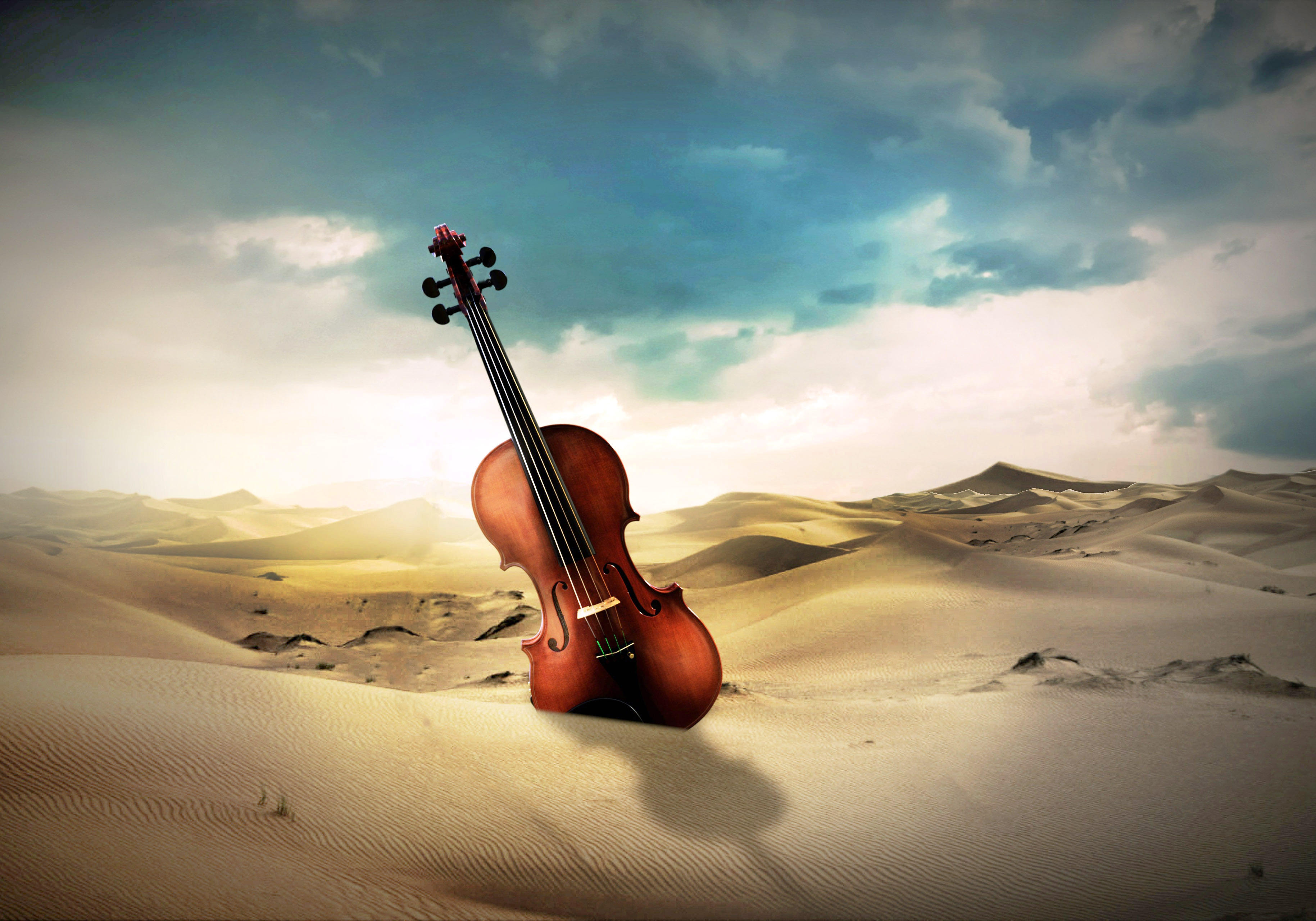 February 2, 2024
February 2, 2024 -
SOLD - Kowalski 2024-1 Guarneri "Del Gesu" Image Gallery
January 1, 2024
-
SOLD - Kowalski 2023-1 Guarneri "Carrodus" Image Gallery
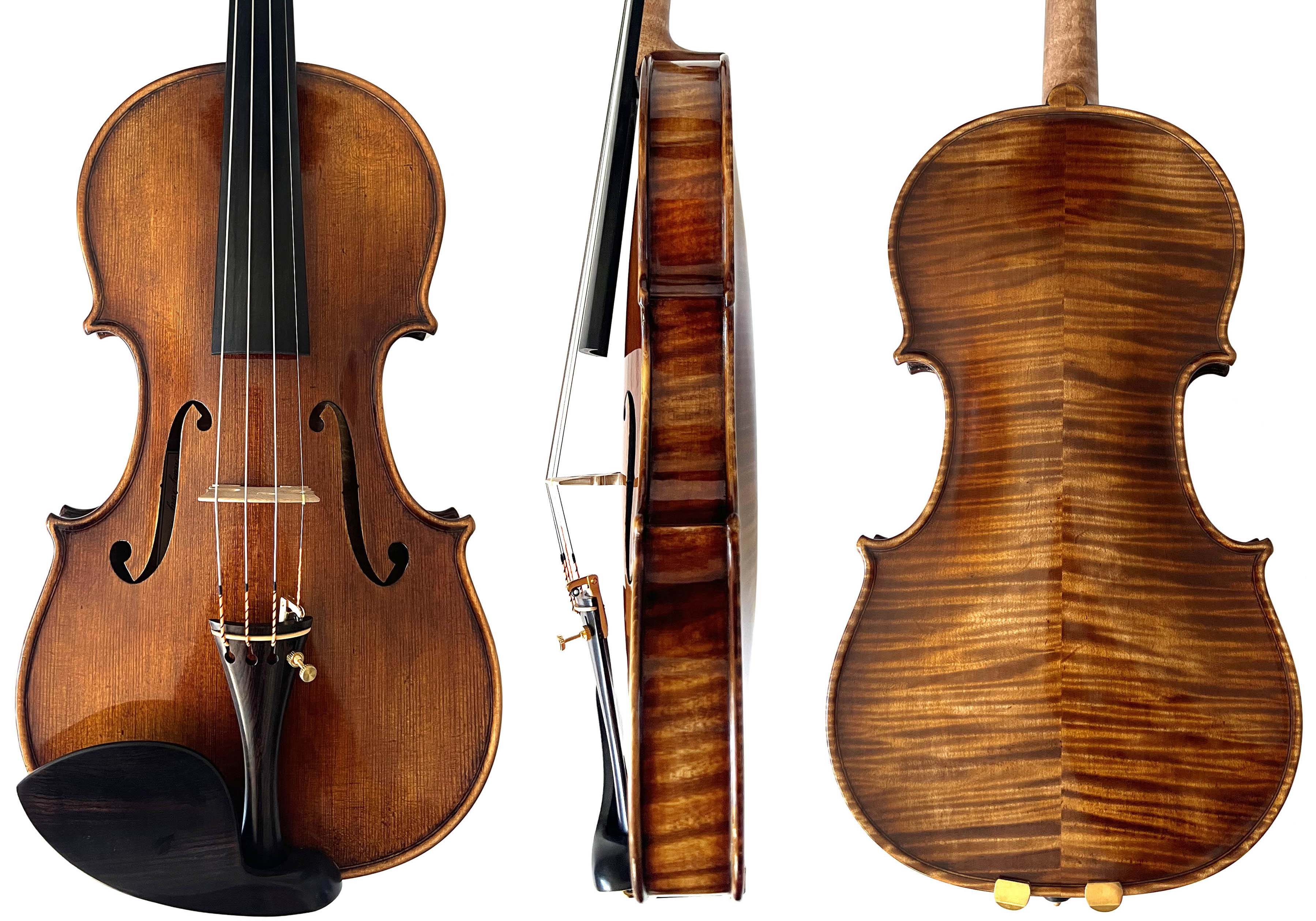 December 16, 2023
December 16, 2023 -
SOLD - Moneff 2023-2 Image Gallery
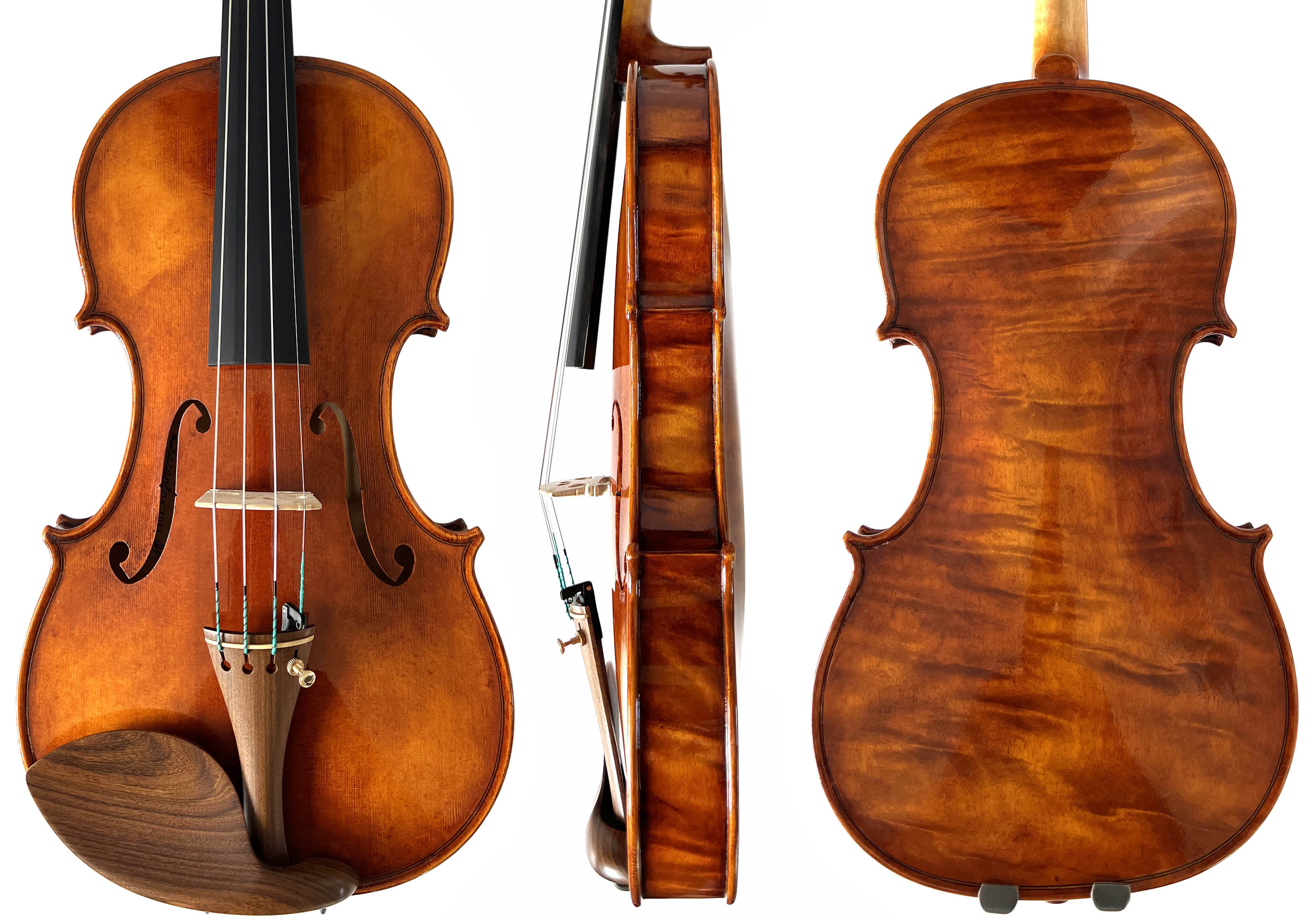 November 11, 2023
November 11, 2023 -
Charmed, I'm Sure
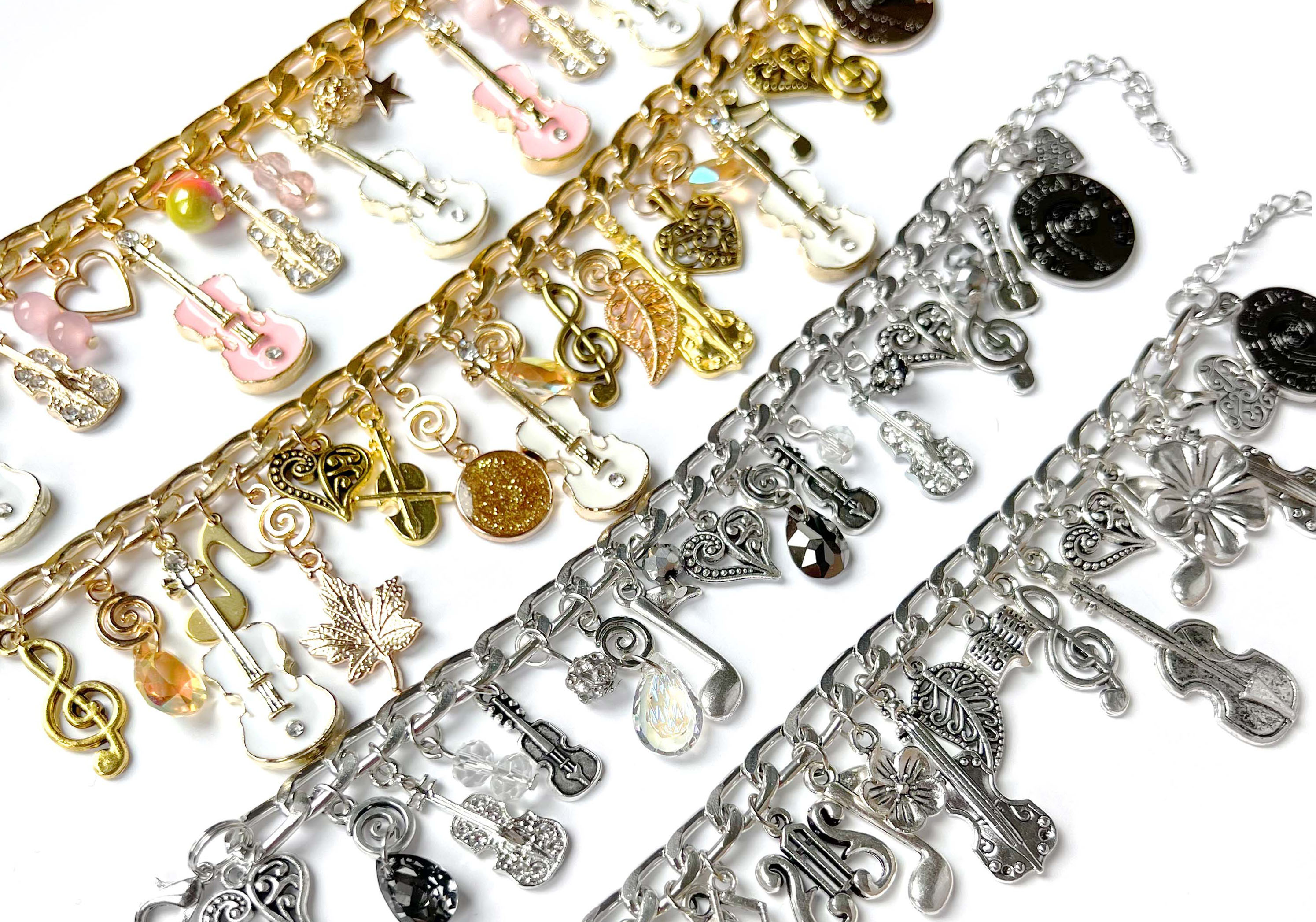 September 22, 2023
September 22, 2023 -
New Models Grace the Bellissima Lineup
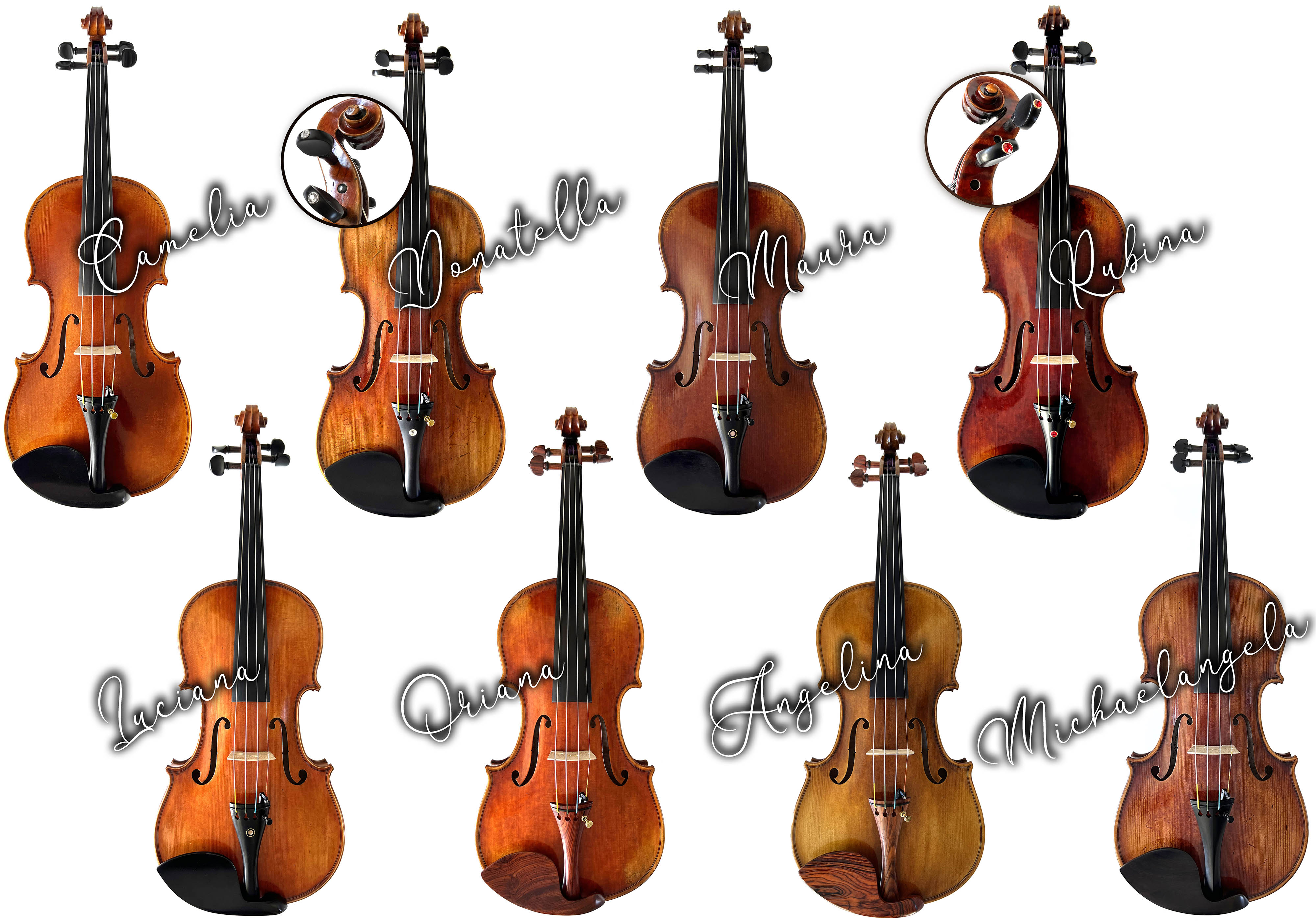 August 10, 2023
August 10, 2023 -
My Customer-Focused Business Runs on RI, "Rhiannon Intelligence"
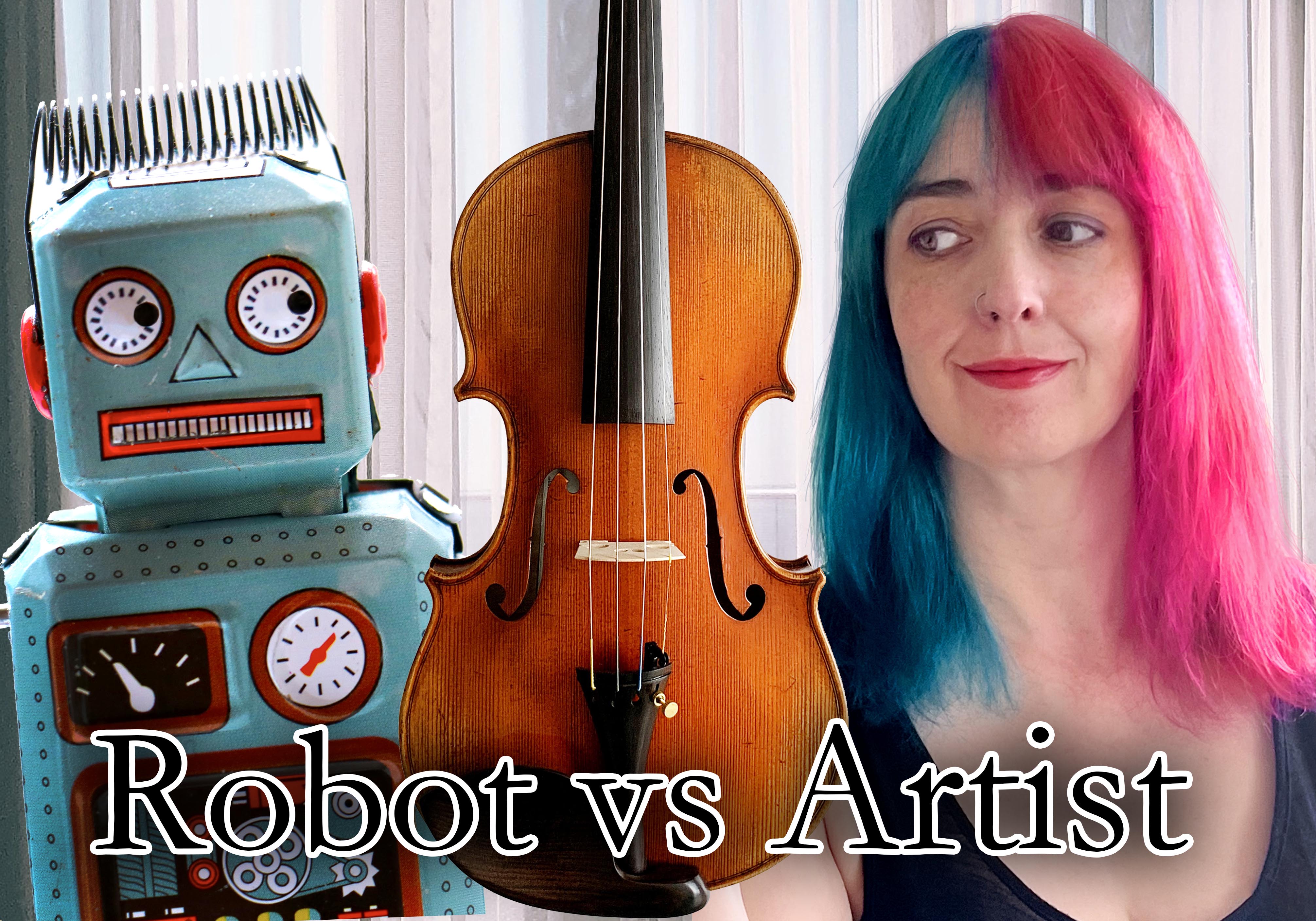 July 27, 2023
July 27, 2023 -
SOLD - Kowalski 2021 Goffriller Image Gallery
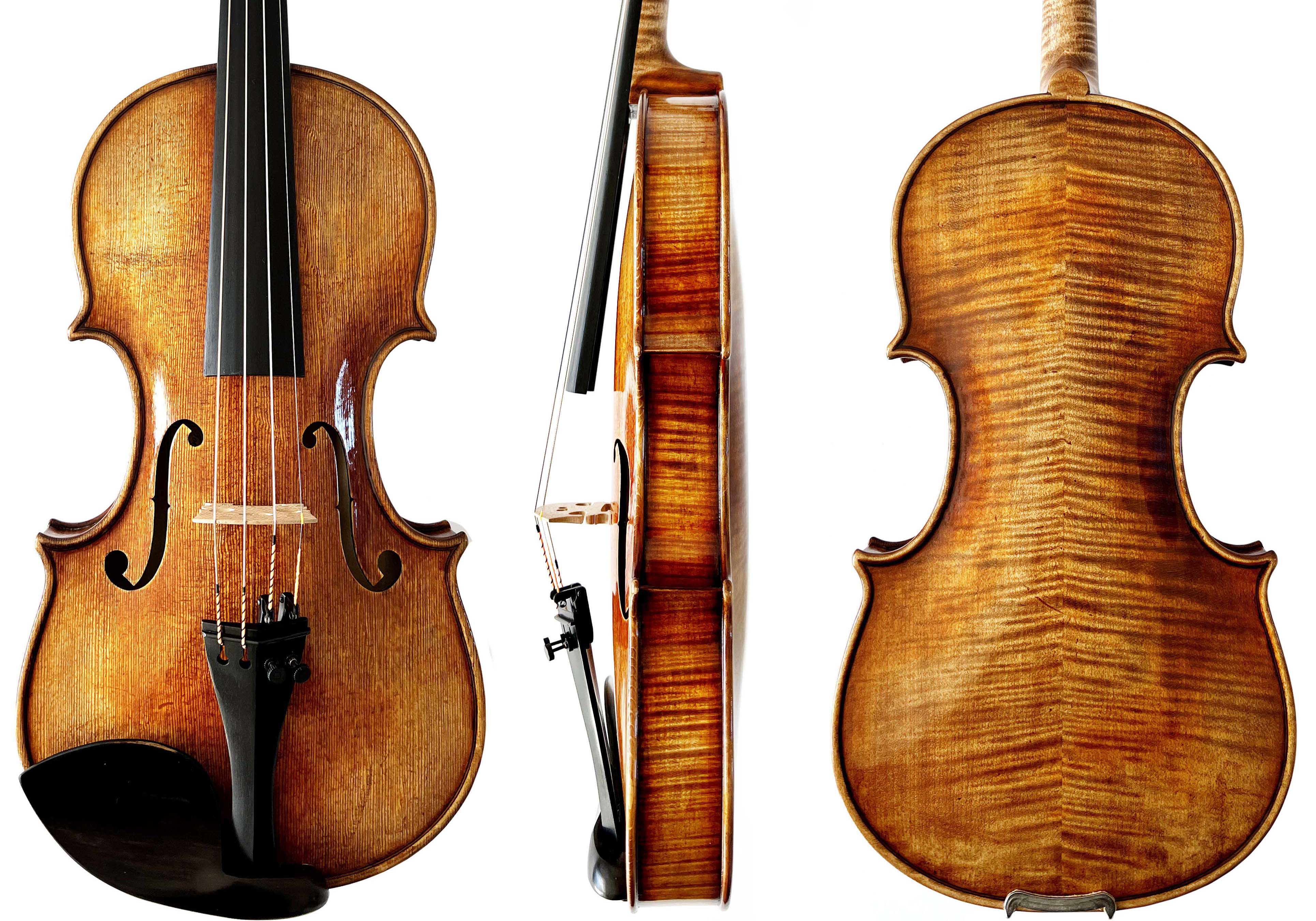 July 27, 2023
July 27, 2023
-
Match-Making: My Experience as the Violin Cupid
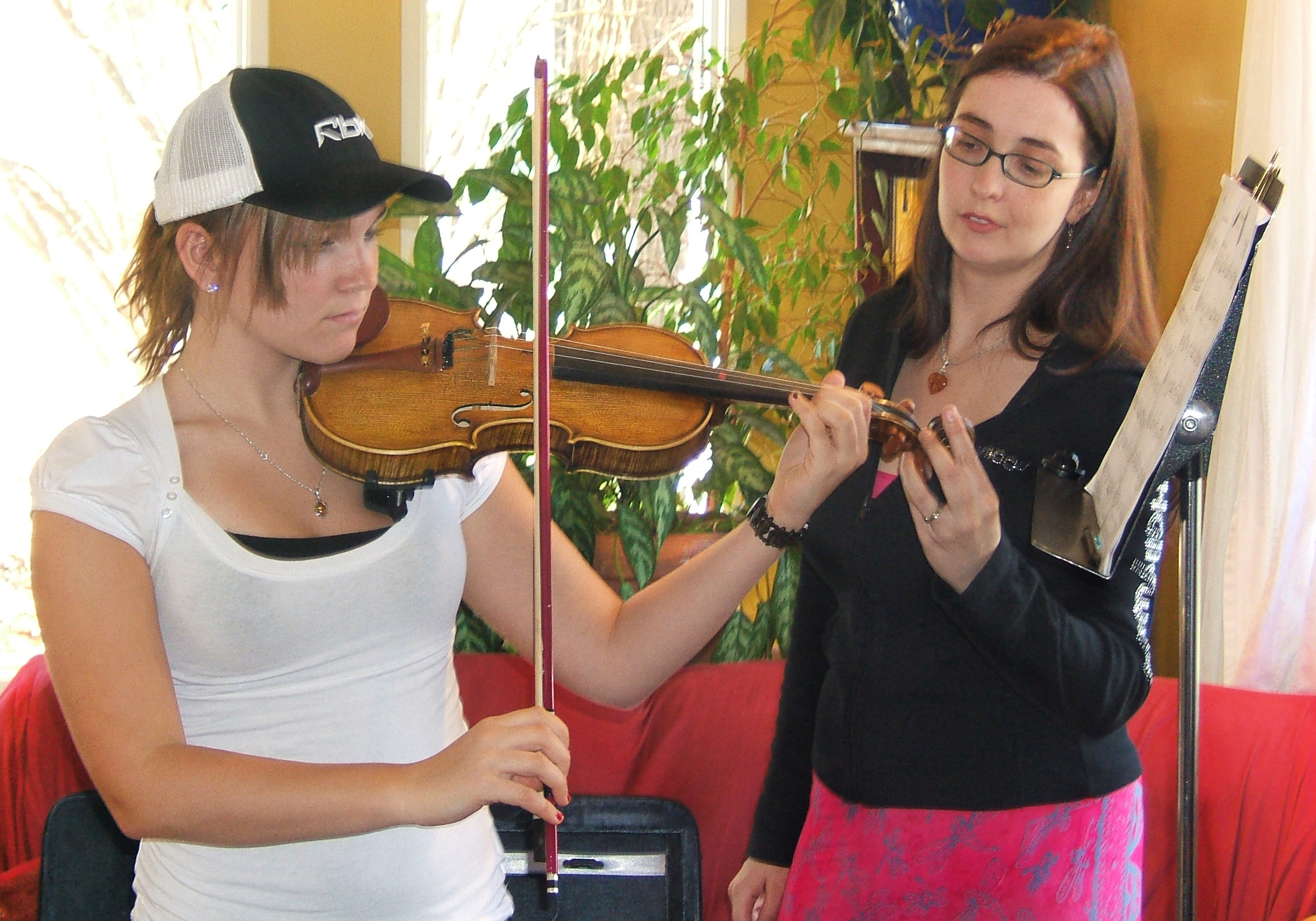 July 13, 2022
July 13, 2022 -
The Dark Side of the Violin Trade: Crooked Luthiers, Greedy Salesmen & Other Creepy Creatures Exposed
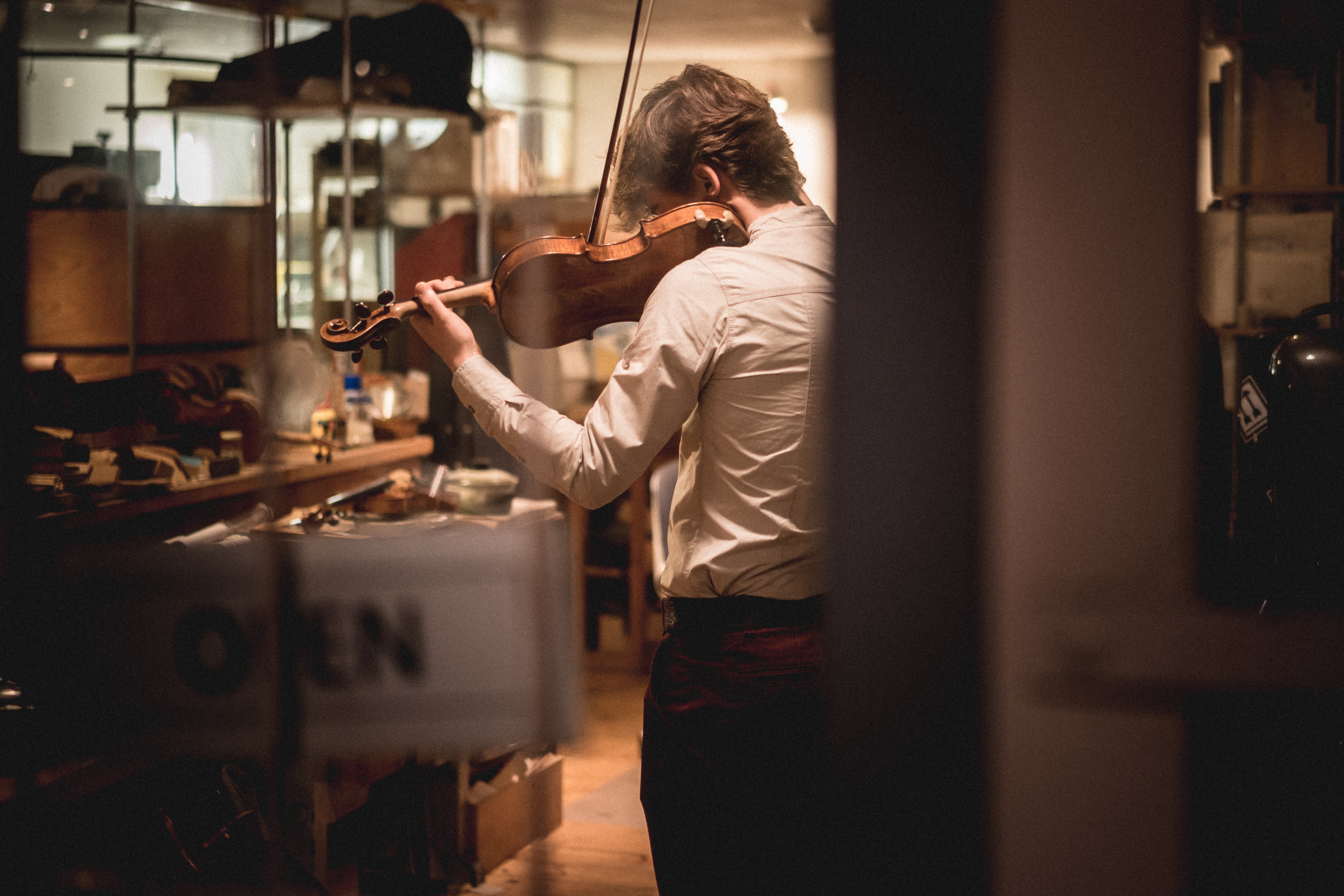 April 16, 2021
April 16, 2021 -
Makers & Models / Strads & Guarneris - What's the Difference?
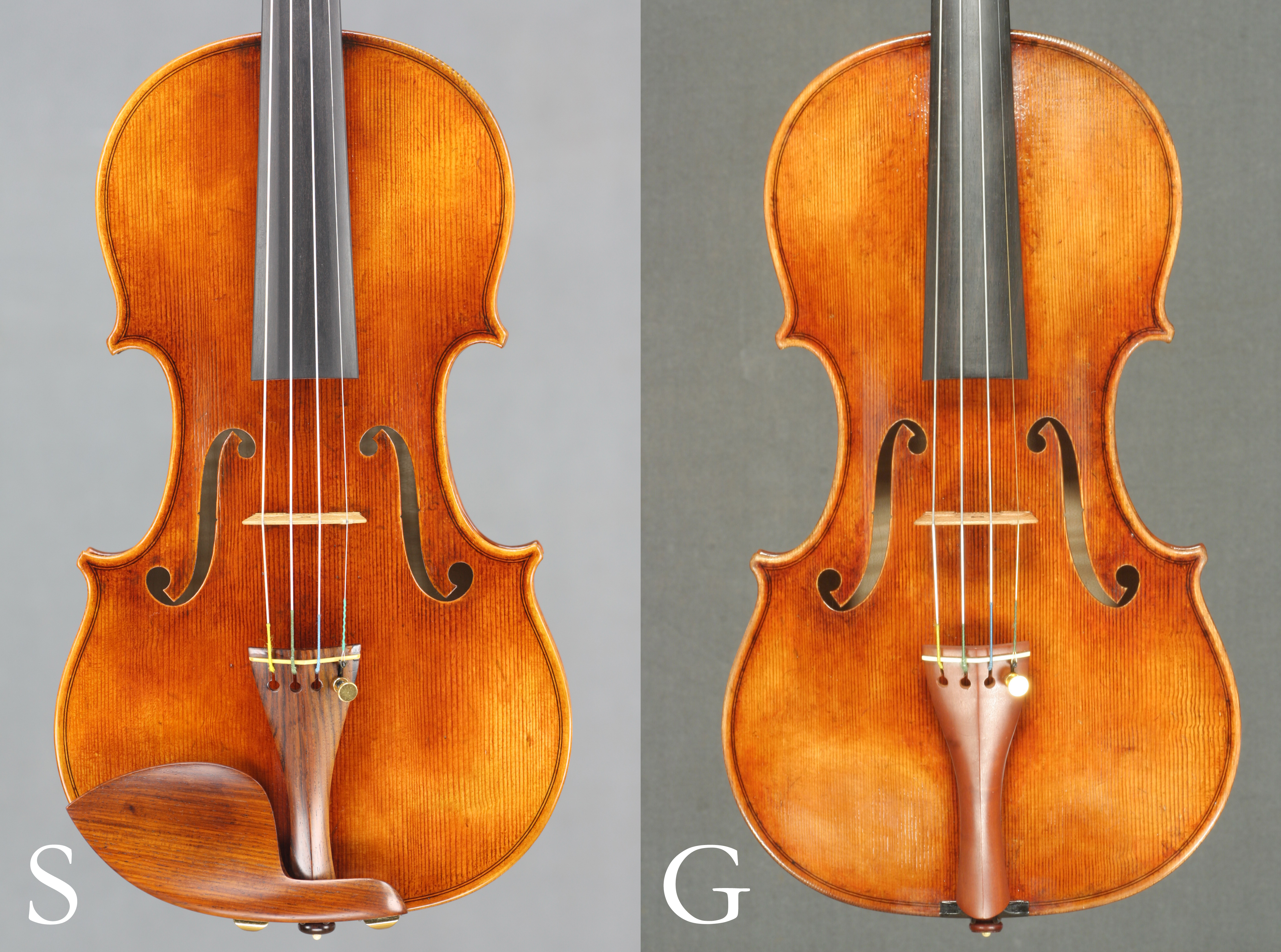 October 28, 2019
October 28, 2019 -
Left-Handed Violins Explained
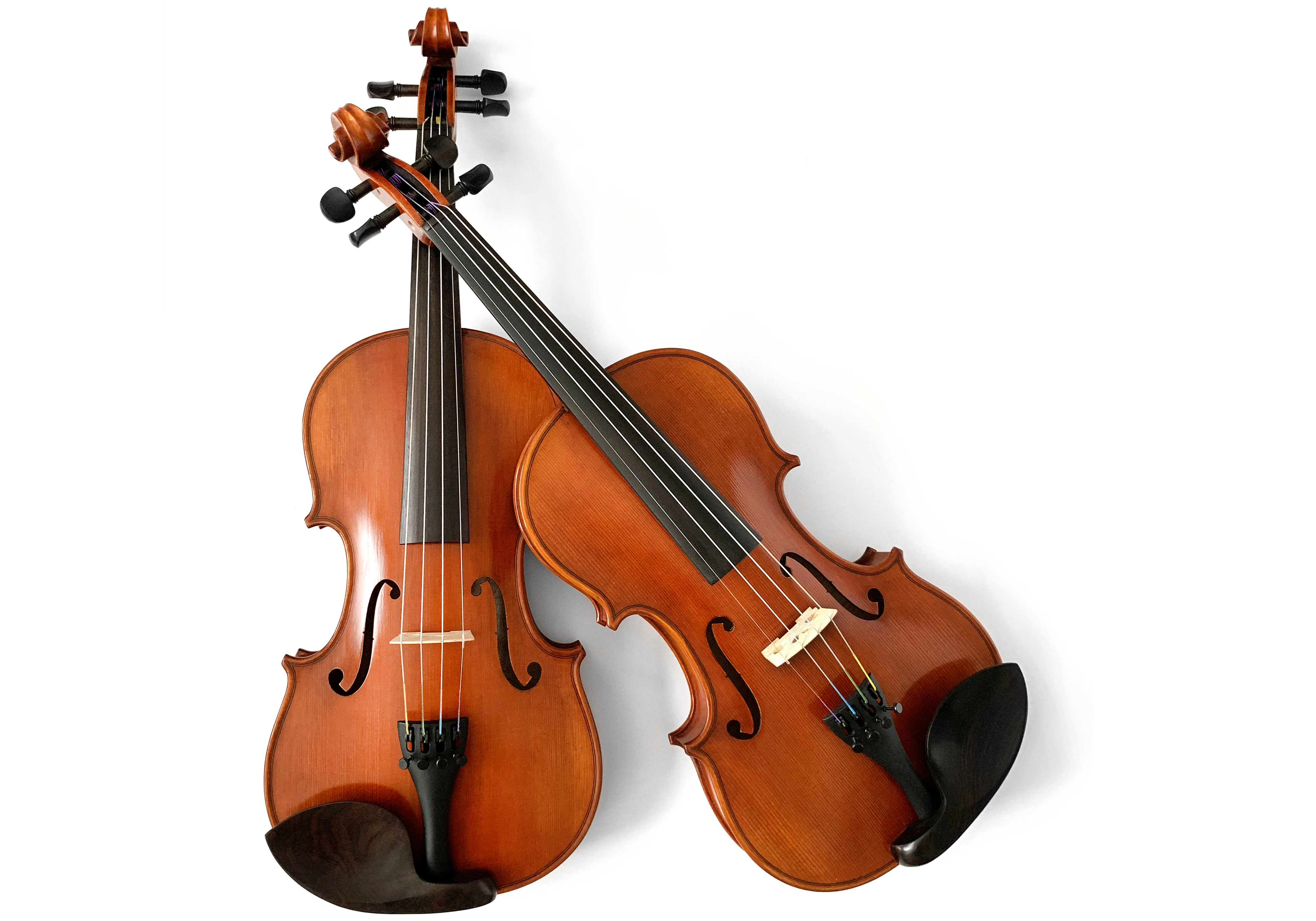 April 20, 2017
April 20, 2017 -
What's the difference between 1-piece and 2-piece backs?
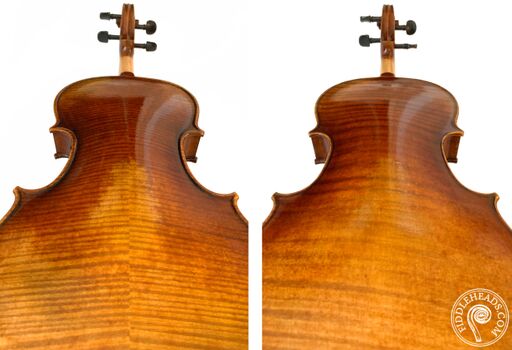 March 7, 2008
March 7, 2008 -
Psychological Analysis of Violin Student Personality Traits 101
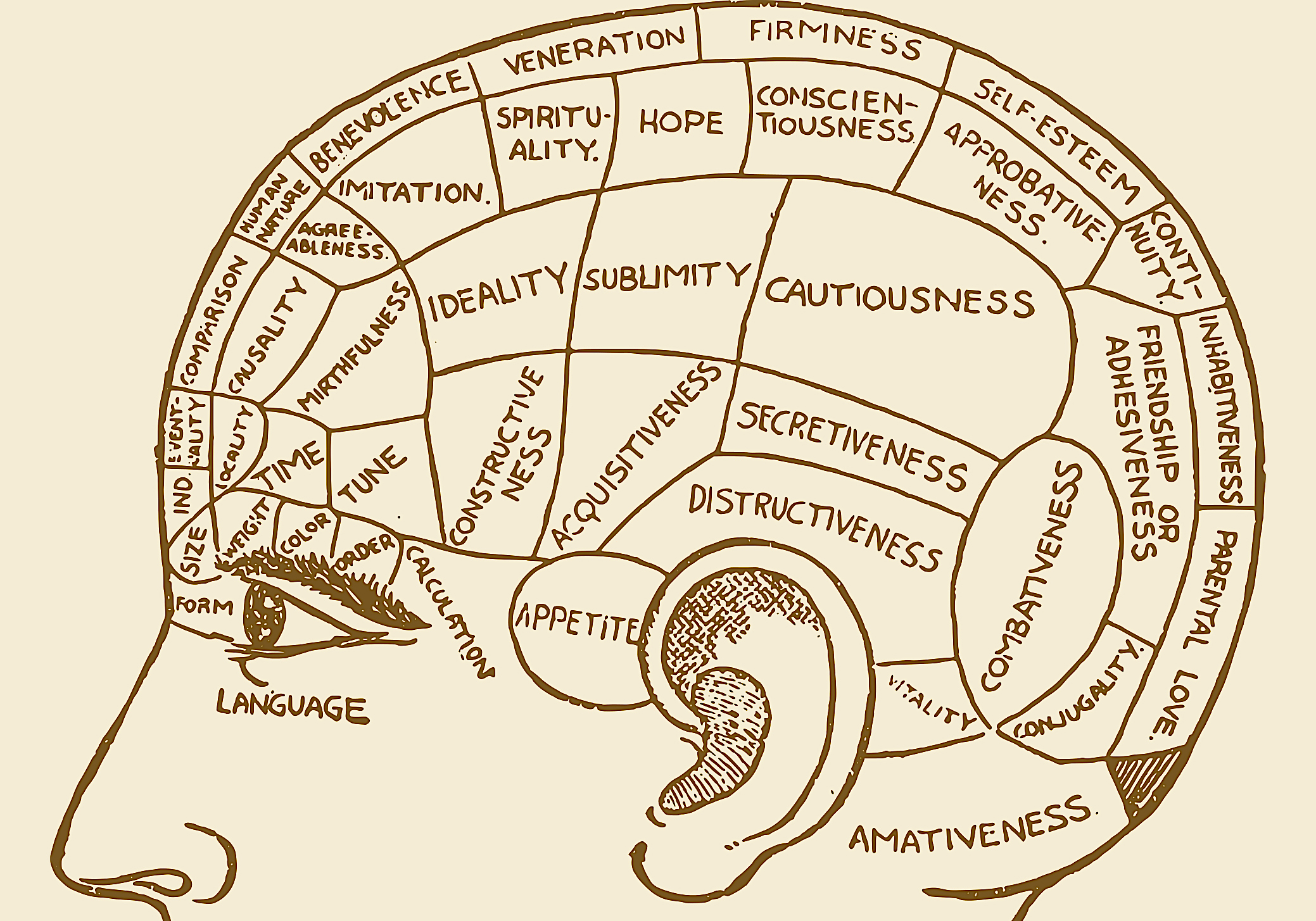 April 25, 2007
April 25, 2007 -
Breaking New Ground by Breaking-In a New Violin
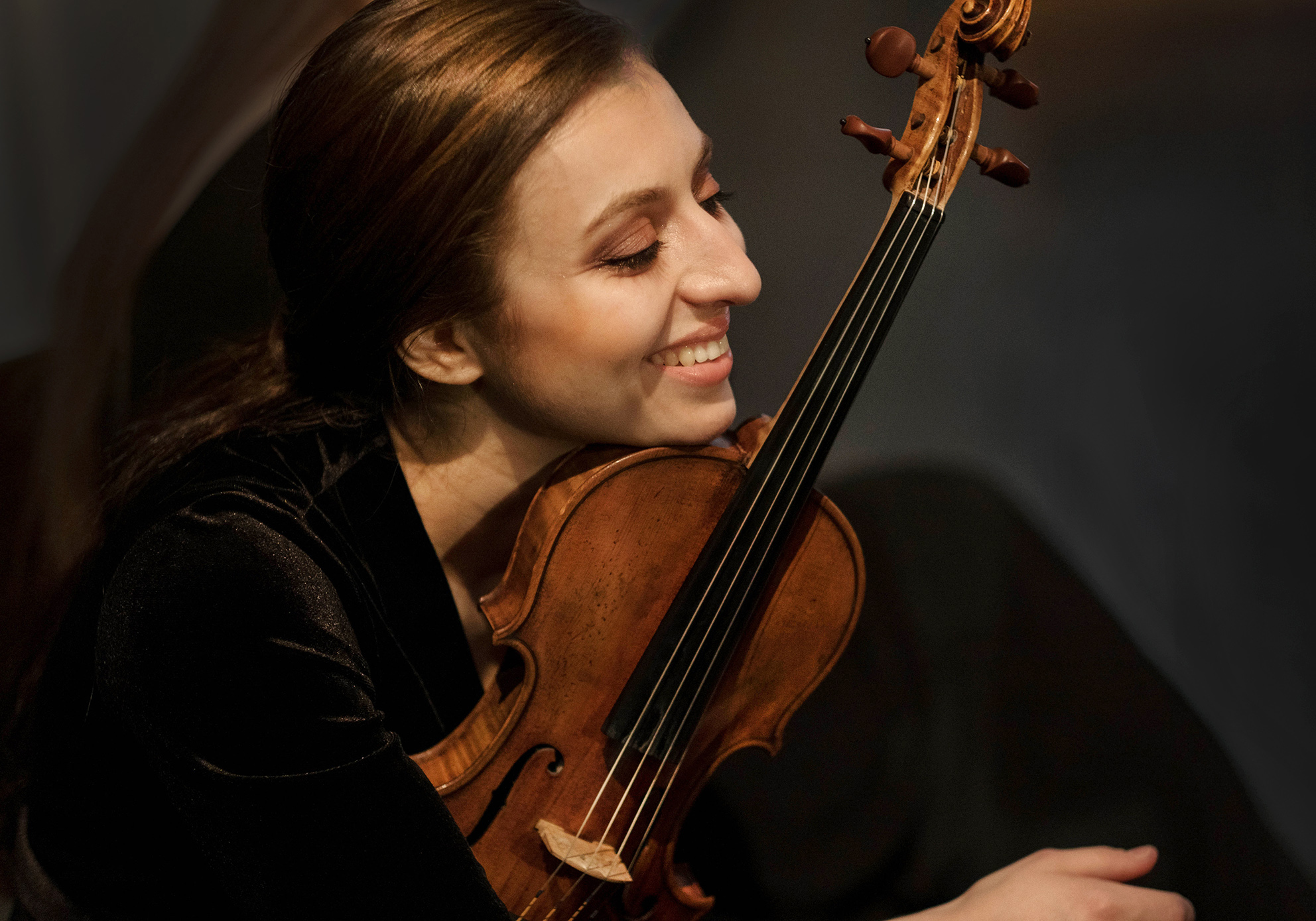 March 9, 2007
March 9, 2007 -
Viola Players Have the Last Laugh
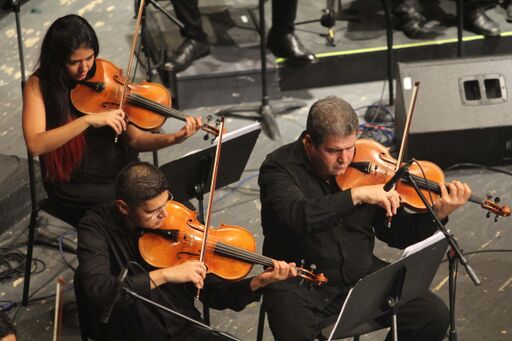 January 22, 2007
January 22, 2007 -
Busk or Bust
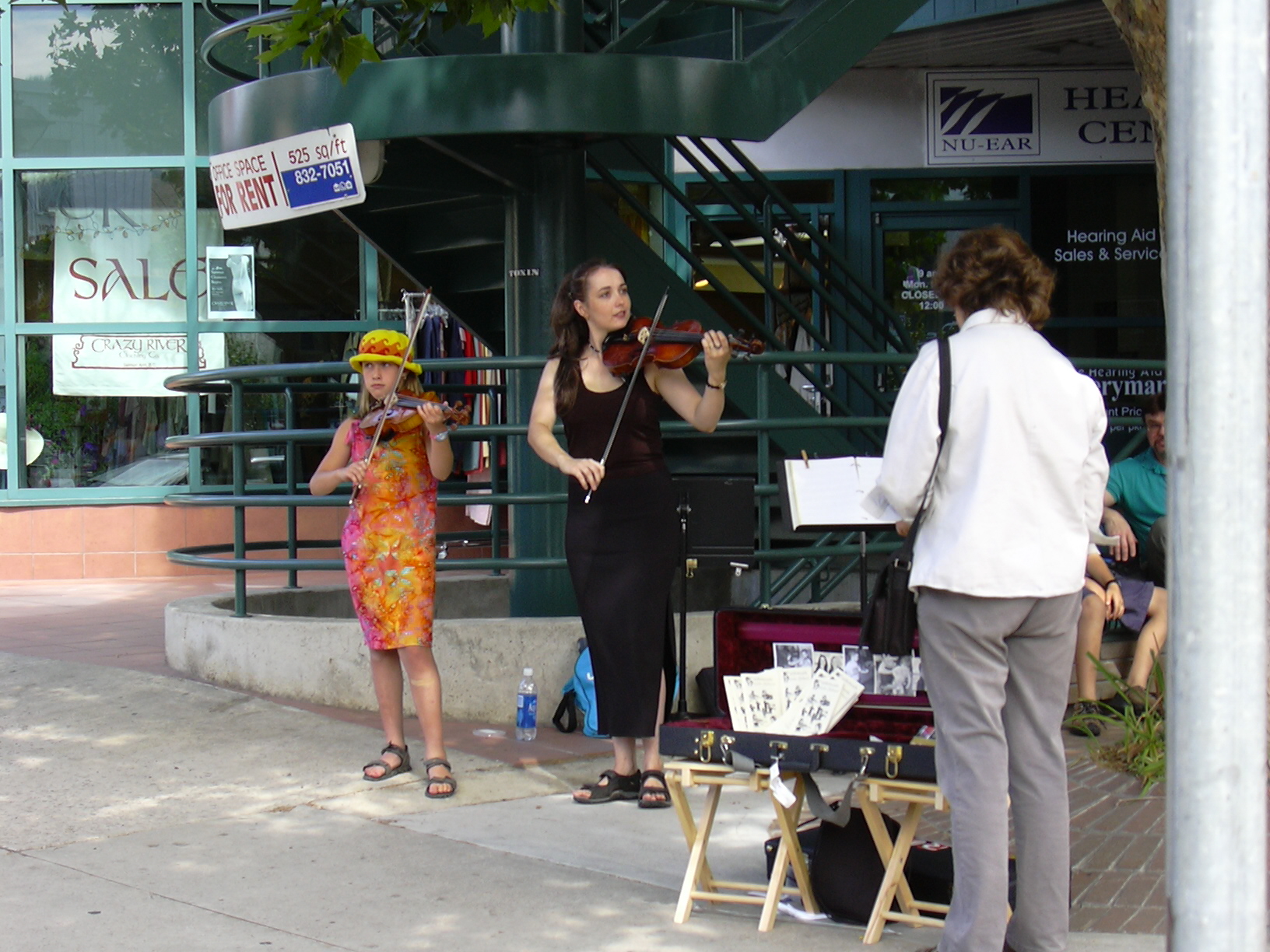 July 9, 2006
July 9, 2006 -
Forrest Gump's Red Violin
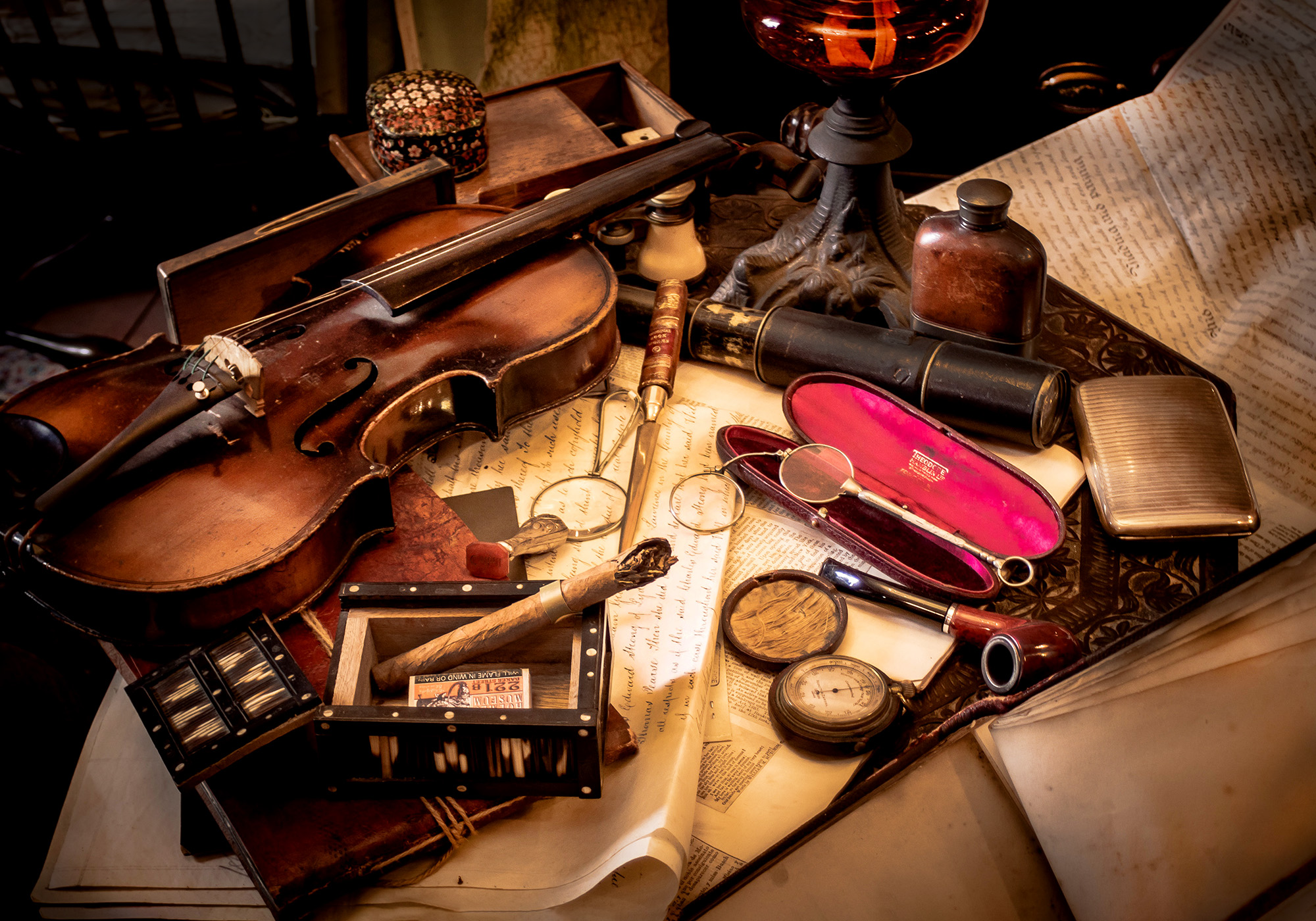 May 21, 2006
May 21, 2006 -
Dance of the Pawn Shop Swindlers
 March 25, 2006
March 25, 2006 -
Violin or Fiddle? What's the Difference?
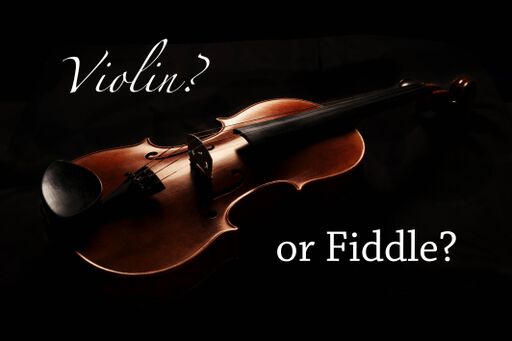 March 5, 2002
March 5, 2002 -
Careful with That Axe, Eugene
 March 4, 2002
March 4, 2002
-
Rhiannon's Glossary of Violin Terms
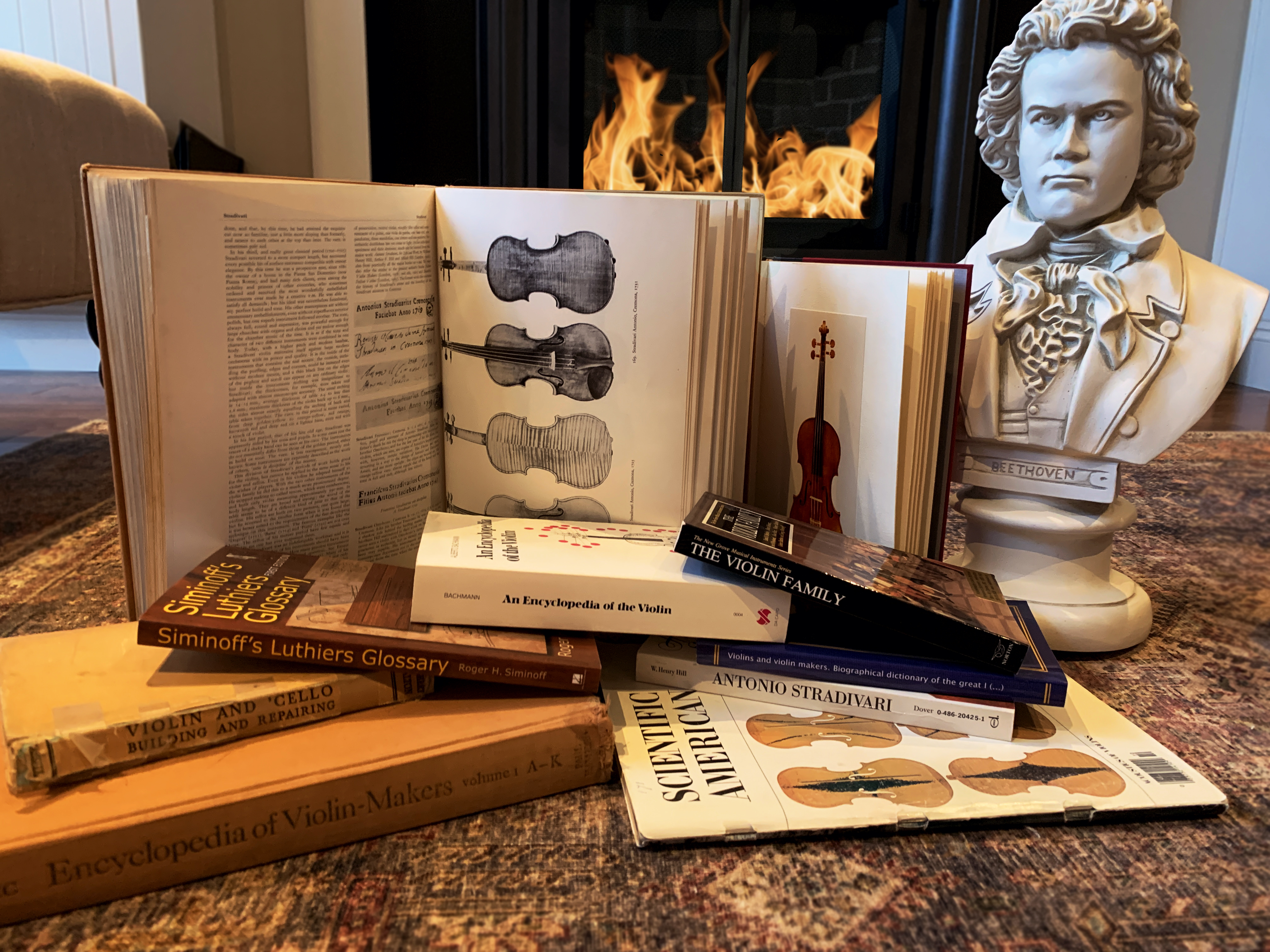 June 10, 2020
June 10, 2020 -
Photo Memory: Helix High School Orchestra 1995
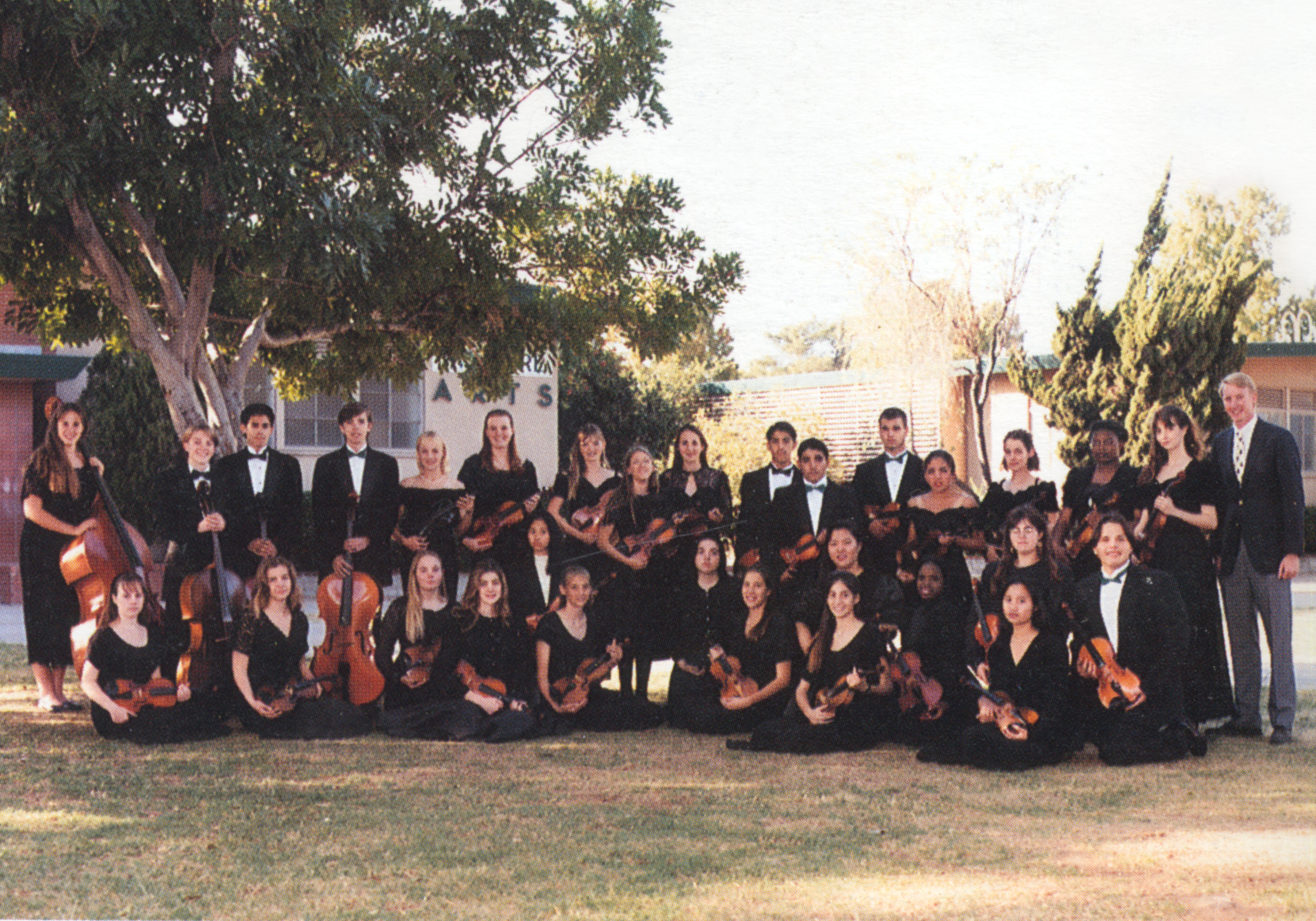 May 9, 2015
May 9, 2015 -
A Classical Christmas
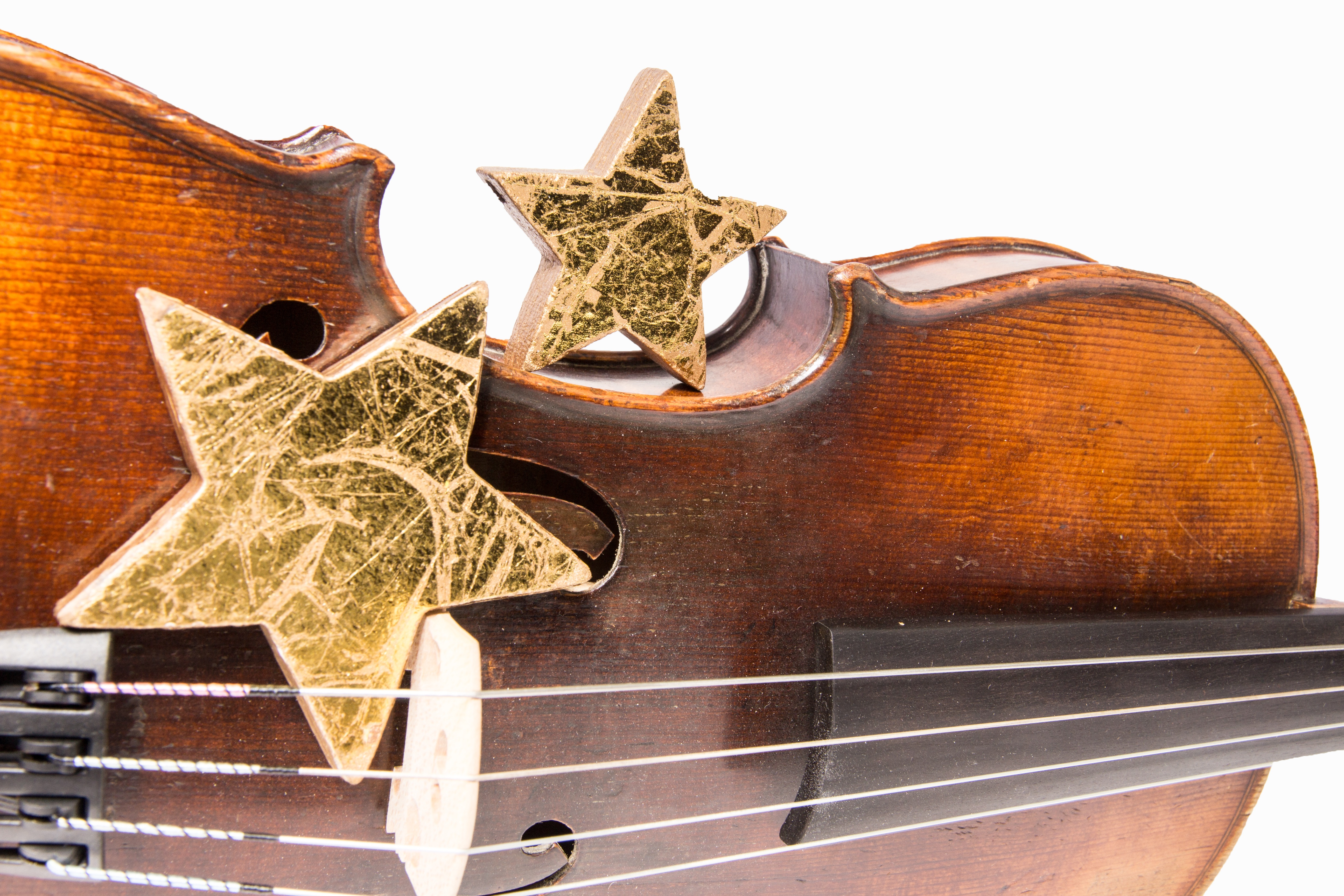 December 4, 2001
December 4, 2001 -
Can You Spot the Fiddle From the Violins?
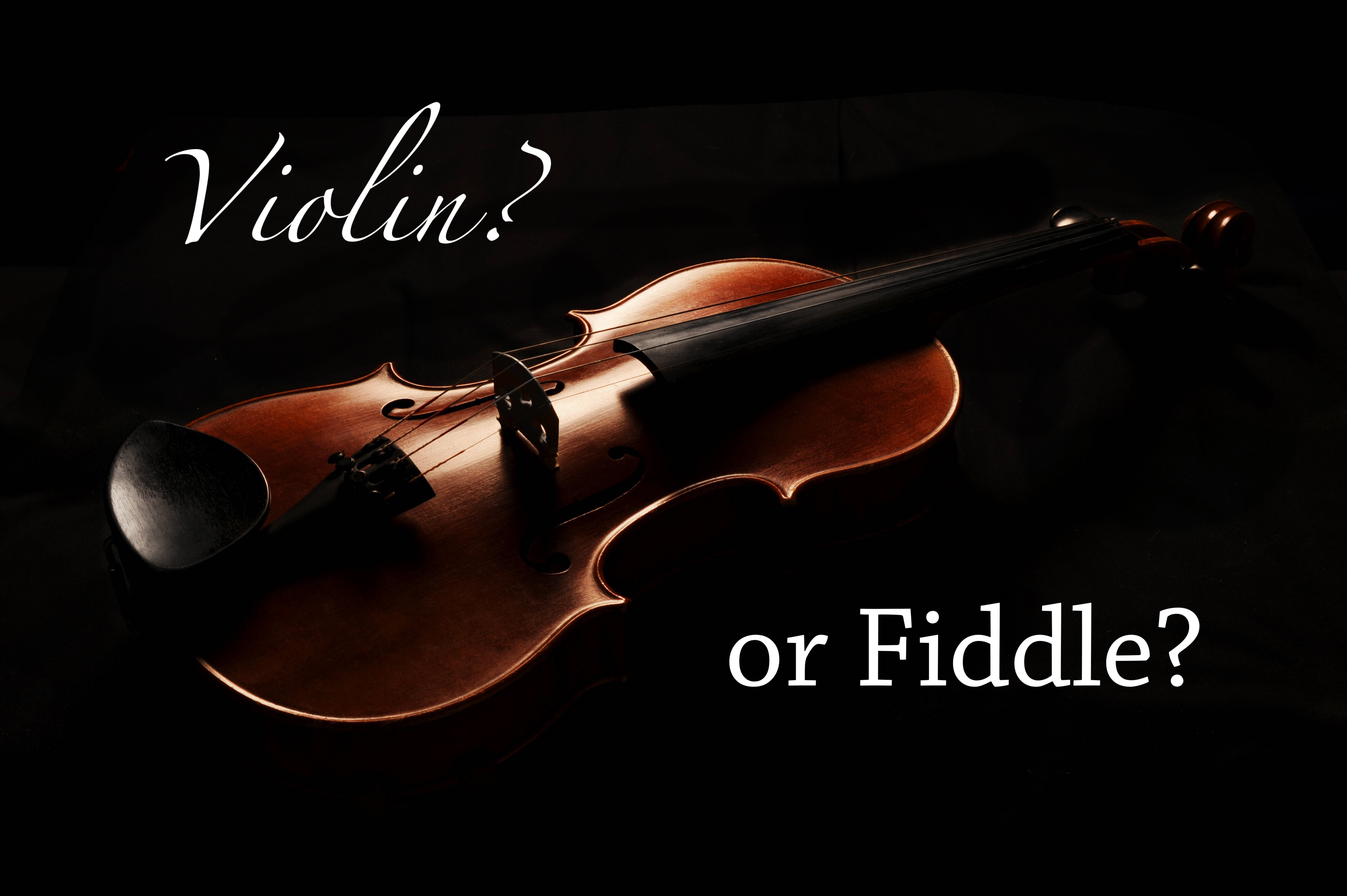 August 19, 2020
August 19, 2020 -
Christmas Carol or Christmas Song?
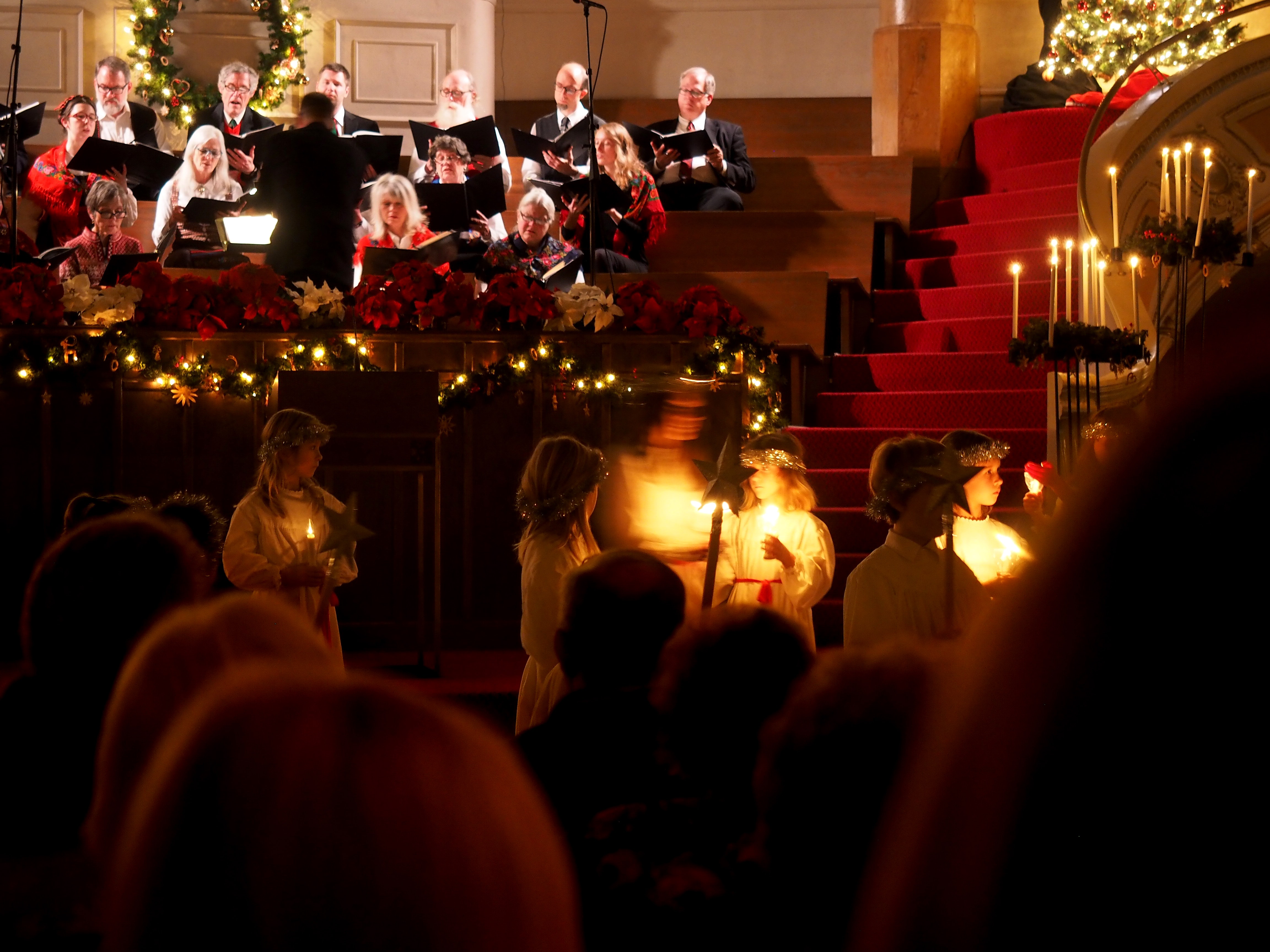 November 17, 2007
November 17, 2007
